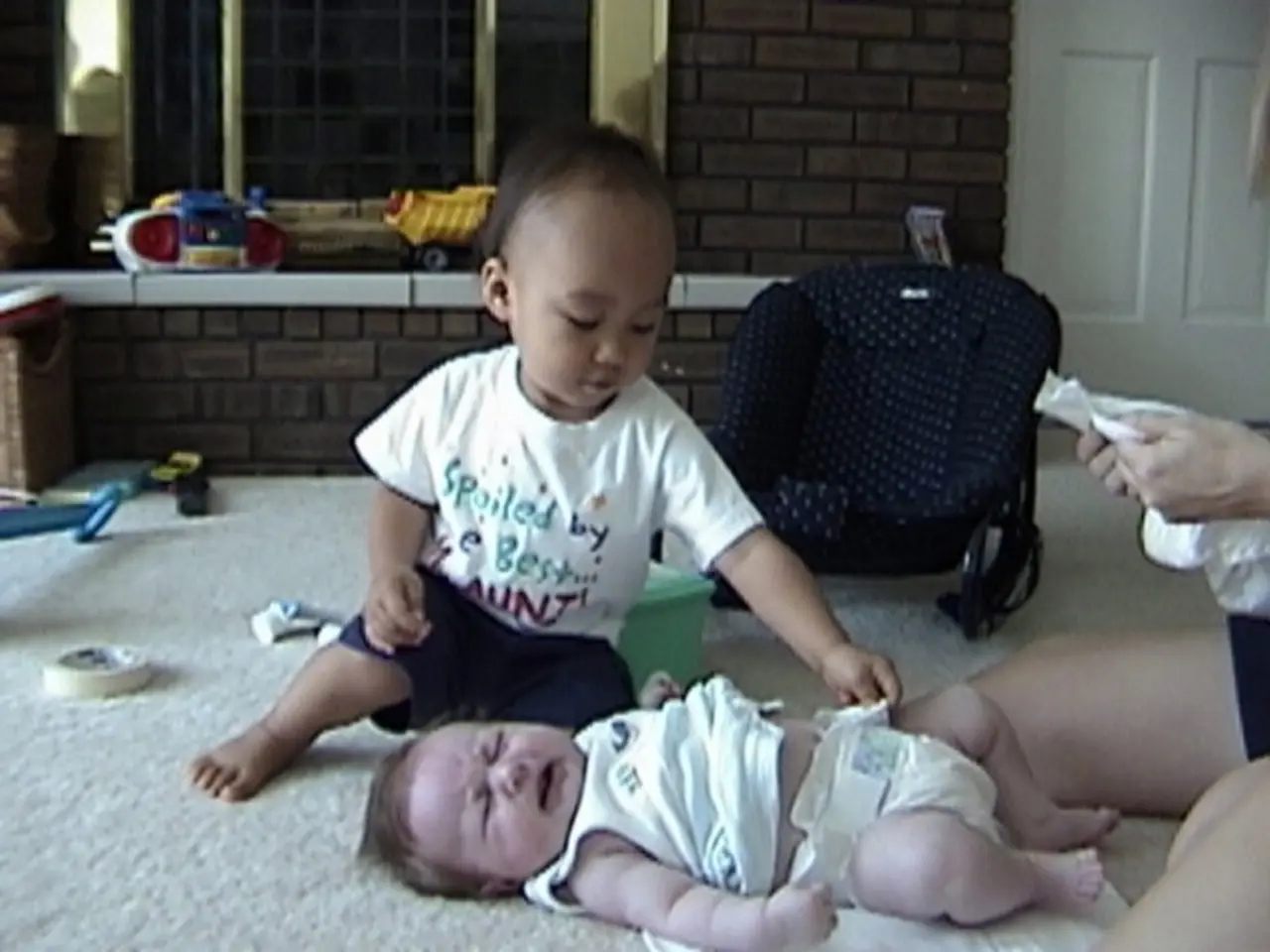Recognizing Signs of Compulsive Diaper Wearing Habit: A Guide
In a world where people are increasingly conscious of their environmental impact, a lesser-known topic that has started to gain attention is diaper addiction in adults. This article aims to shed light on this subject, providing insights into its identification, causes, and potential solutions.
Diaper addiction, also known as diaper dependence or diaper fetishism, is characterized by compulsive, non-medical use of diapers that negatively impacts an individual's life. Unlike medical use, such as incontinence or neurogenic bladder, addiction may involve psychological reliance on diapers for pleasure, comfort, or other non-medical reasons.
Recognizing diaper addiction can be complex, but there are signs to look out for. An individual may use diapers excessively despite no medical necessity, experience cravings or compulsive behaviors related to diapers, or use diapers to cope with stress rather than physical necessity. If diaper use causes distress, impairment, or interference with social, occupational, or other important areas of life, it may indicate an addiction.
The article has been viewed 359,061 times and has received positive feedback from 85% of readers, earning it the status of reader-approved. It was co-authored by Trudi Griffin, a Licensed Professional Counselor specializing in addictions, mental health problems, and trauma recovery.
Addressing diaper addiction requires professional help. Seeking evaluation from a mental health professional experienced in behavioral addictions or paraphilias is crucial to distinguish medical need from compulsive behavior. Psychological therapies such as cognitive behavioral therapy (CBT) can help address compulsions, emotional triggers, and coping mechanisms. Counseling may also be beneficial to explore underlying issues like anxiety, trauma, or stress that may drive the behavior.
It's important to differentiate between medically necessary diaper use and addiction. For instance, individuals with neurogenic bladder or incontinence may require diapers for their health. Such cases should be respected and managed separately.
If you find yourself or someone you know struggling with diaper addiction, remember that help is available. Reaching out for help, such as talking to a therapist, can be helpful in changing diaper habits or adjusting to the emotions associated with wearing a diaper. It's also important not to punish someone living with you for wearing diapers, as it can make matters worse.
In summary, diaper addiction in adults is a complex issue that requires professional intervention. By understanding the signs and seeking help, it's possible to manage this addiction and lead a balanced, healthy life.
- For those seeking education on diaper addiction, this article offers insights into its identification, causes, and potential solutions.
- Recognizing signs of diaper addiction, such as excessive use, cravings, or compulsive behaviors, can help individuals and their loved ones address the issue.
- Incorporating health-and-wellness practices like cleaning and a balanced diet into one's lifestyle may also contribute to a positive shift in managing diaper addiction.
- peoples' mental health is also crucial when addressing diaper addiction as counseling may be beneficial in exploring underlying issues like stress, anxiety, or trauma that may drive the behavior.
- Sexual-health education can also play a role in understanding some factors contributing to diaper fetishism, helping individuals make informed decisions about their relationships and overall well-being.




